Q: I’m 54 years old, and I’ve been training with weights for more than 20 years. Oddly enough, at my last physical my doctor told me that my testosterone was “dangerously low” and that I needed to see an endocrinologist. I’m natural, and I have a lot of muscle. How could I have low testosterone?
A: First off, you may have what’s called a low total-testosterone count while still having enough free testosterone in your blood. The fact is, the “free testosterone” count is of greater importance.
You make testosterone through a series of hormone communications between the hypothalamus, pituitary gland and testes. Once the testes have released testosterone into the bloodstream, cells begin to open up to get what they require. Once the cells are “full,” a small amount is left in the blood. It’s “free” because it’s not binding to cells and circulates freely in your bloodstream in case of a hormone emergency. That measurement is most indicative of whether you actually have low testosterone.
Your total testosterone should be between 300 and 1,200. Having low testosterone, especially free testosterone, poses risks in the following ways: possible prostate problems, including cancer—PSA rising; low red and white blood cells, which can result in lethargy and poor serum hematocrit; frequent urination; intolerance to moderately low or high air temperatures; glucose problems…and the list goes on. Of course, if you take in too much testosterone—via anabolic steroids or prescription testosterone—the problems are as likely and as dangerous as with low testosterone. The goal of testosterone-replacement therapy is to bring back your total and free testosterone to their normal ranges.
[Are you looking for health, muscle and the amazing anti-aging benefits of resistance training? Get the new e-book by Steve and Becky Holman, Old School, New Body. Read the Iron Man magazine review here.]
Here’s an oddity: Almost every bodybuilder I know has a low total-testosterone count. Some of them used steroids and never again made the proper amount once they stopped. Other bodybuilders, however, are clean—never used a thing—and they have low total testosterone as well. On the other hand, they’re in the low but acceptable range of free testosterone and probably don’t need testosterone-replacement therapy.
How can it be that even natural bodybuilders have low testosterone? It seems to me that bodybuilding is a double-edged sword. You look good, feel good, have more strength than most men and more sexual vigor; however, for every cell that you tear down, or split, something called a telomere, which is linked to the production of mitochondrial DNA, is shortened in the replication process. In other words, each time you break down and make new muscle tissue, the body goes through a process that actually causes a form of aging. As bodybuilders we split and tear cells every time we work out, so we use more hormones than the average man would. Having proper hormone counts can counteract some of that, as can eating a healthful diet and not overtraining.
Testosterone plays a role in your life span. Ask your doctor for a total- and free-testosterone blood test. You never know what you may find.
Editor’s note: To contact Paul Burke, write to [email protected]. Burke has a master’s degree in integrated studies from Cambridge College in Cambridge, Massachusetts. He’s been a champion bodybuilder and arm wrestler, and he’s considered a leader in the field of over-40 fitness training. You can purchase his book, Burke’s Law—a New Fitness Paradigm for the Mature Male, from Home Gym Warehouse. Call (800) 447-0008, or visit www.Home-Gym.com. His “Burke’s Law” training DVD is also available. IM













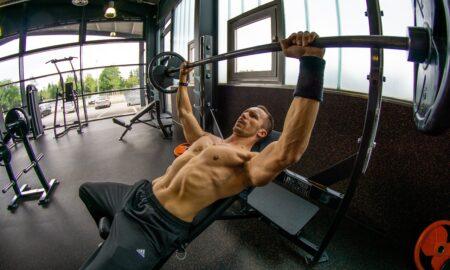
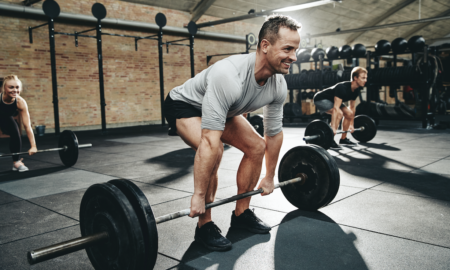
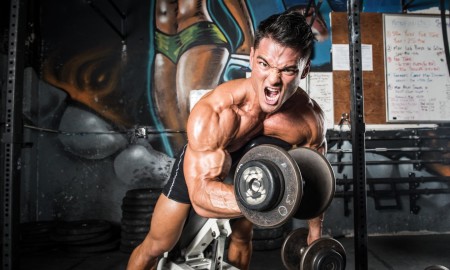

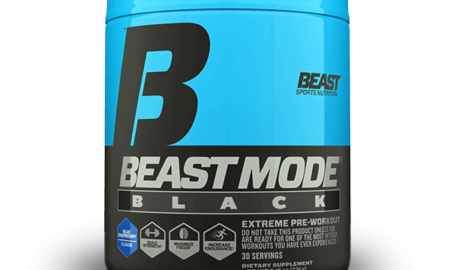
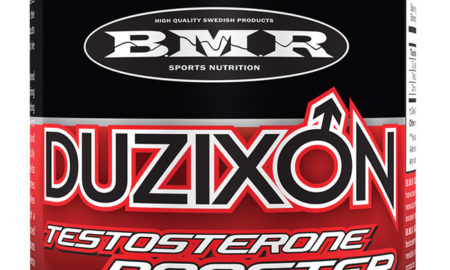
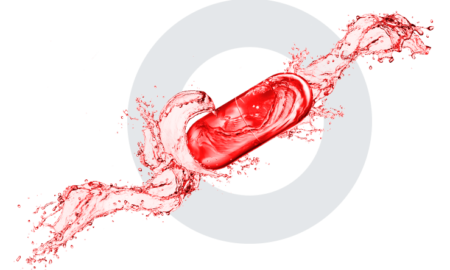
You must be logged in to post a comment Login